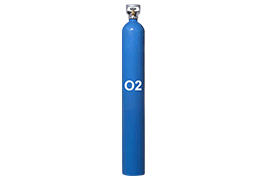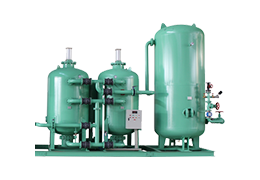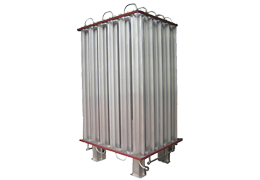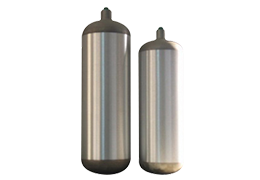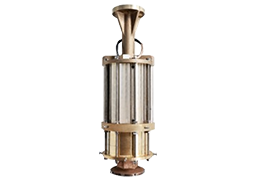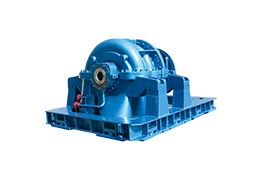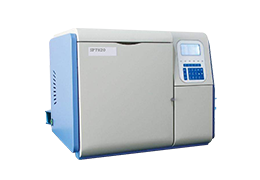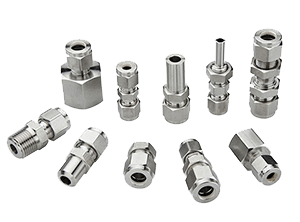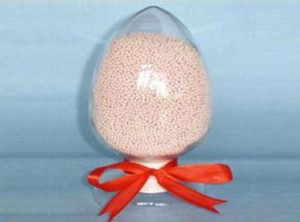The construction of the ‘world’s first’ experimental ethanol-based renewable hydrogen fuelling station began at the University of São Paulo (USP) campus in Brazil.
The project is expected to produce 4.5kg of hydrogen per hour to fuel three buses and one light vehicle, with the start of operation anticipated for the second half of 2024.
The equipment installed at the site will include a Hytron ethanol steam reformer designed to convert ethanol into hydrogen through steam reforming, in which ethanol is subjected to specific temperatures and pressures to react with water inside the reactor.
The project is being funded through a R$50m ($10m) investment by Shell Brasil, in compliance with the RD&I clause established by the Brazilian National Agency of Petroleum, Natural Gas and Biofuels (ANP). Hytron, Raízen, SENAI CETIQT and the University of São Paulo have partnered to develop the project, through the Research Centre for Greenhouse Gas Innovation (RCGI).
Cristiano Pinto da Costa, CEO of Shell Brasil, said, “The objective of this innovative project is to try to demonstrate that ethanol can be a vector to produce renewable hydrogen, leveraging the industry’s existing logistics. Technology can help decarbonise sectors that consume energy from fossil fuels.”
Daniel Lopes, Commercial Director at Hytron, added, “We are contributing Hytron’s pioneering technology in Brazil to demonstrate a disruptive solution through which hydrogen produced from ethanol will play an even more significant and high-impact role in the local and global energy transition.”
The ethanol required for the project will be supplied by Raízen, transported from the production site to its destination via tank trucks with the capacity to store 45,000 litres. The same type of vehicle would be able to transport only 1,500kg of compressed hydrogen.
Ricardo Mussa, CEO of Raízen, said, “Renewable hydrogen can use the ethanol infrastructure that is already in place in gas stations, ensuring fast, sustainable and safe fuelling of vehicles.”
The SENAI Institute for Innovation in Biosynthetic and Fibres at SENAI CETIQT will carry out computer simulations to make the equipment more efficient, identify opportunities for improvement and increasing the conversion rate of ethanol into renewable hydrogen.
To test the viability of the project, the partners involved also signed a Memorandum of Understanding (MoU) with Toyota, who will support the testing of the performance of hydrogen by providing a Mirai. The hydrogen produced will then fuel buses provided by the Metropolitan Urban Transport Company of São Paulo (EMTU/SP) to circulate exclusively within the university campus.
Rafael Chang, CEO of Toyota do Brasil, commented, “Brazil is a country with a strong calling to biofuels. We see hydrogen as a clean, renewable energy source that plays an important role in efforts to reduce carbon dioxide emissions.
“Our participation in this project is the company’s first step to test the use of this new technology in the country. We are interested and willing to work together with the state government to make sustainable transport possible by using renewable hydrogen from ethanol.”
- BCGA issue safety alert revision for acetylene regulator hazards Aug 12,21 15:18
- New report into the global LNG bunkering industry Aug 16,21 17:26
- Trio unites to develop Thailand’s BioLNG industry Nov 20,24 10:28
- EIA: Asia main export destination for US LNG in 2020 Mar 22,21 17:43
- Air Liquide and partners progress with low-carbon ammonia project plans in Houston Oct 07,23 16:40




